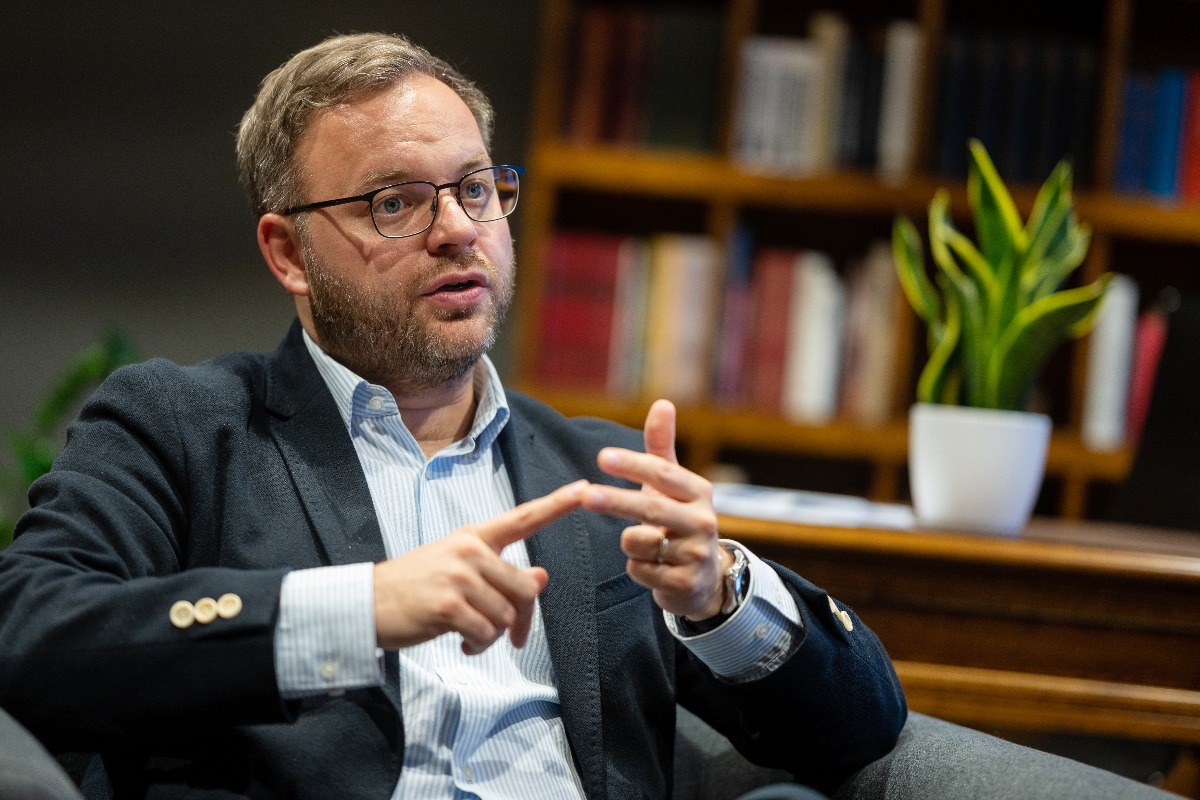
In an op-ed for the European Council on Foreign Relations, Balázs Orbán warns that “if the fragmented, bloc-based international order of the cold war era is restored, it will threaten Hungary’s international relations and trade status.” “Avoiding this outcome requires a strategy of connectivity,” he points out.
According to Orbán, “the current model of globalisation, established after the fall of the Soviet Union, is based on a unipolar world order led and often dominated by the United States” and organised according to “the neoliberal doctrine that focused on the importance of the service sector and profitability instead of industrial production”.

„The neoliberal order is faltering and increasingly losing its legitimacy
”
This strategy backfired in 2008, when Western powers, especially in Europe, were left without industry, and felt the effects of the crisis more keenly, while Asian countries – especially China – became stronger.
In response to these crises, the West sought to preserve its declining global influence and began advocating for “decoupling,” a strategy, that is – according to Orbán – bad news for the whole EU, but especially for the peripheral states.
“To catch up, Hungary needs a globalisation model that can overcome the negative effects inherent to the bloc system. This model should focus on connectivity rather than decoupling; increased connections rather than a severing of ties,” he concludes.